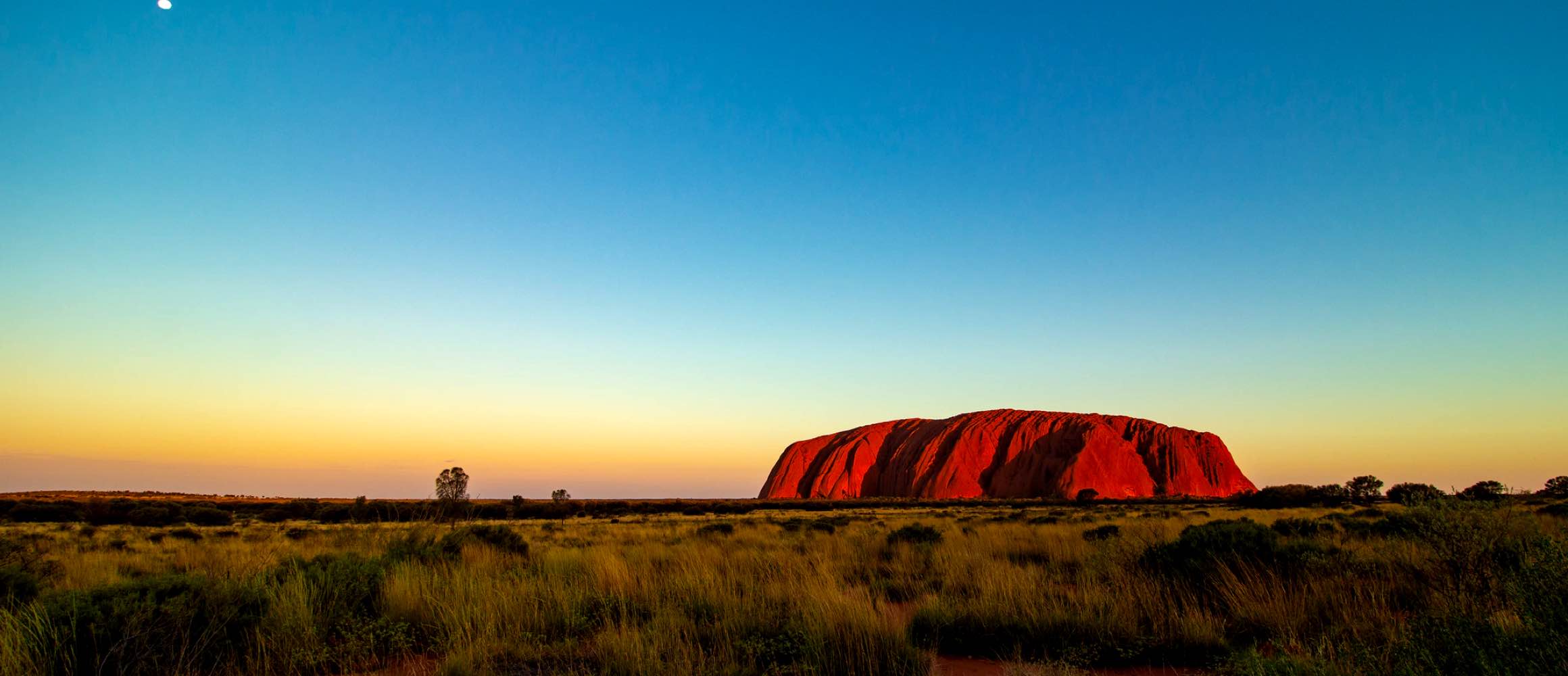For many couples, having to cancel, reschedule or postpone their honeymoon was a major blow during the global coronavirus pandemic. The honeymoon is especially important to couples because it's the first time they're able to get away as a married couple and relish in their love.
Now that some countries are reopening and reporting lower coronavirus case numbers and deaths, couples are starting to think about where they want to go for their honeymoon and rebook tickets. But not all countries have been successful in battling the coronavirus, and many have travel restrictions.
If you're trying to reschedule your postponed honeymoon, here's a running list of reopened countries and what you need to know about having a COVID-safe honeymoon.
Tips to remember before scheduling your honeymoon
No matter what country you live in, remember that the coronavirus pandemic is ongoing and volatile. Countries that were hit hard early in the pandemic may be doing better now, but that could always change. Likewise, countries that had few cases could still see a spike.
Until there is a vaccine for the coronavirus, travel in general, will be unstable, so if you're planning a COVID-safe honeymoon, here's what to keep in mind:
Buy travel insurance:
If you need to reschedule again, your travel insurance will cover the money spent on hotels and other bookingsMonitor the news of your destination and the country:
Travel restrictions could change overnight in any country. Start following local news outlets to monitor the situation, and you'll be able to make a more informed decision about your travel plansCancel or rebook if you feel unsafe:
Your COVID-safe honeymoon should be spent enjoying the company of your partner — not worrying about catching coronavirus. If you don't feel comfortable traveling, don't. Reschedule for a time when you and your partner feel completely safeBe aware of travel restrictions into new countries or back into your own:
Some countries may be open — but they require a 14-day quarantine upon arrival. That means staying in your hotel room, which isn't much of a honeymoon. Conversely, your country may require a 14-day quarantine when you return, so if you need to return to work right after your COVID-safe honeymoon, then you should reconsider leaving the countryDo not look for ways around travel restrictions:
Travel restrictions are in place to keep you safe and stop the spread of the coronavirus. Do not try to fly to a neighboring country and then drive over the border to the one you want to visit. You could get stuck in customs or stranded in a country without accommodations.
It is possible to have a COVID-safe honeymoon, but it will be up to you to keep up with local news and virus cases in your destination. Remember, if you're using your funds from your Hitchd honeymoon fund, then your money is yours to spend when you like. You can spend it when you're ready.
The state of the coronavirus pandemic: Which countries are reopening
Here's our ongoing list of countries that are opening their borders to travellers. While this list is being updated regularly, countries can change their restrictions without warning. Check government websites to get reliable, updated information on travel restrictions and openings.
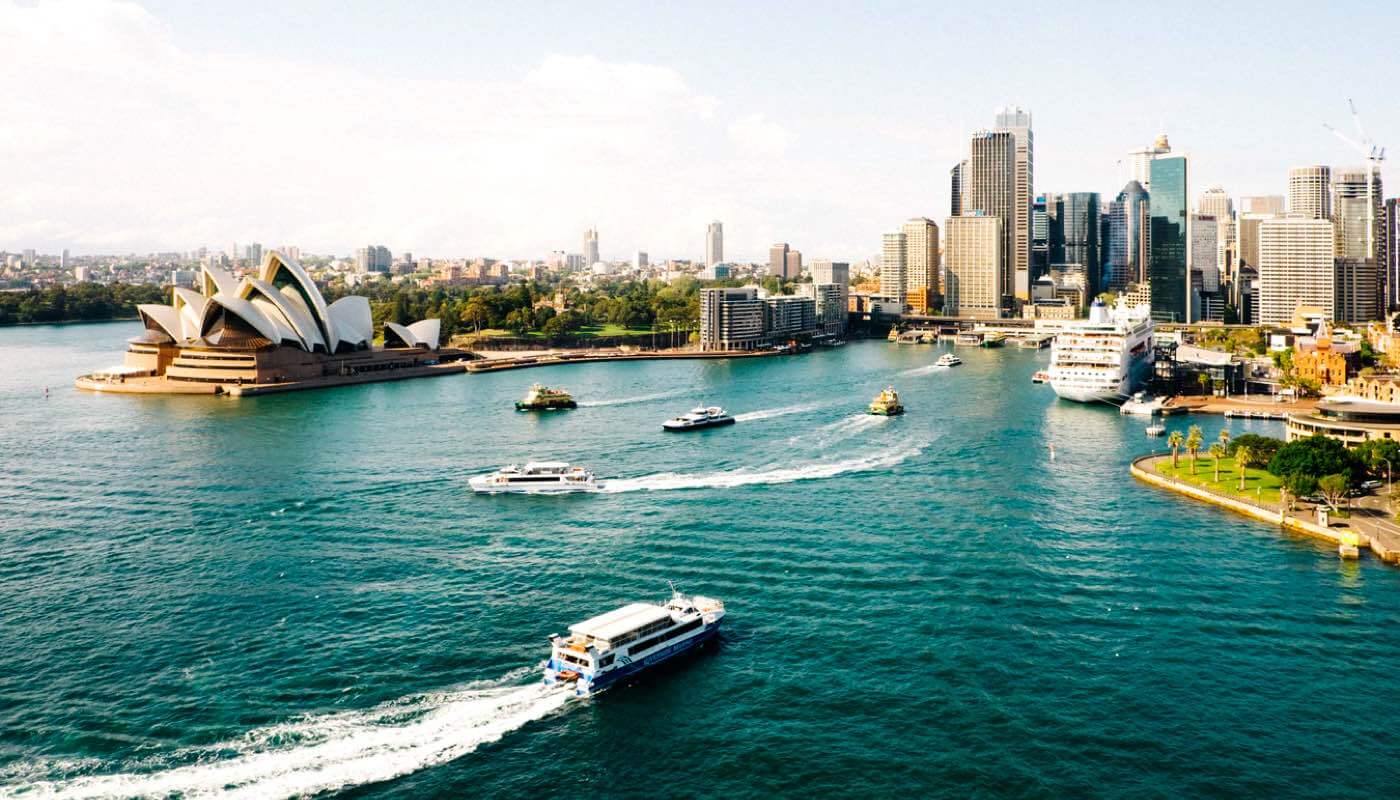
Australia
Although travel within Australia has largely reopened, international travel is still banned for Australians within the country and tourists looking to visit the country as of 5 June 2020. While there are certain exemptions, a COVID-safe honeymoon is not one of them.
If you're an Australian citizen or permanent resident, consider planning a honeymoon within the country. If you're a tourist with your heart set on an Australian honeymoon, then it's best to wait.
New Zealand's borders are currently closed to tourists, and it's not clear when they'll reopen.
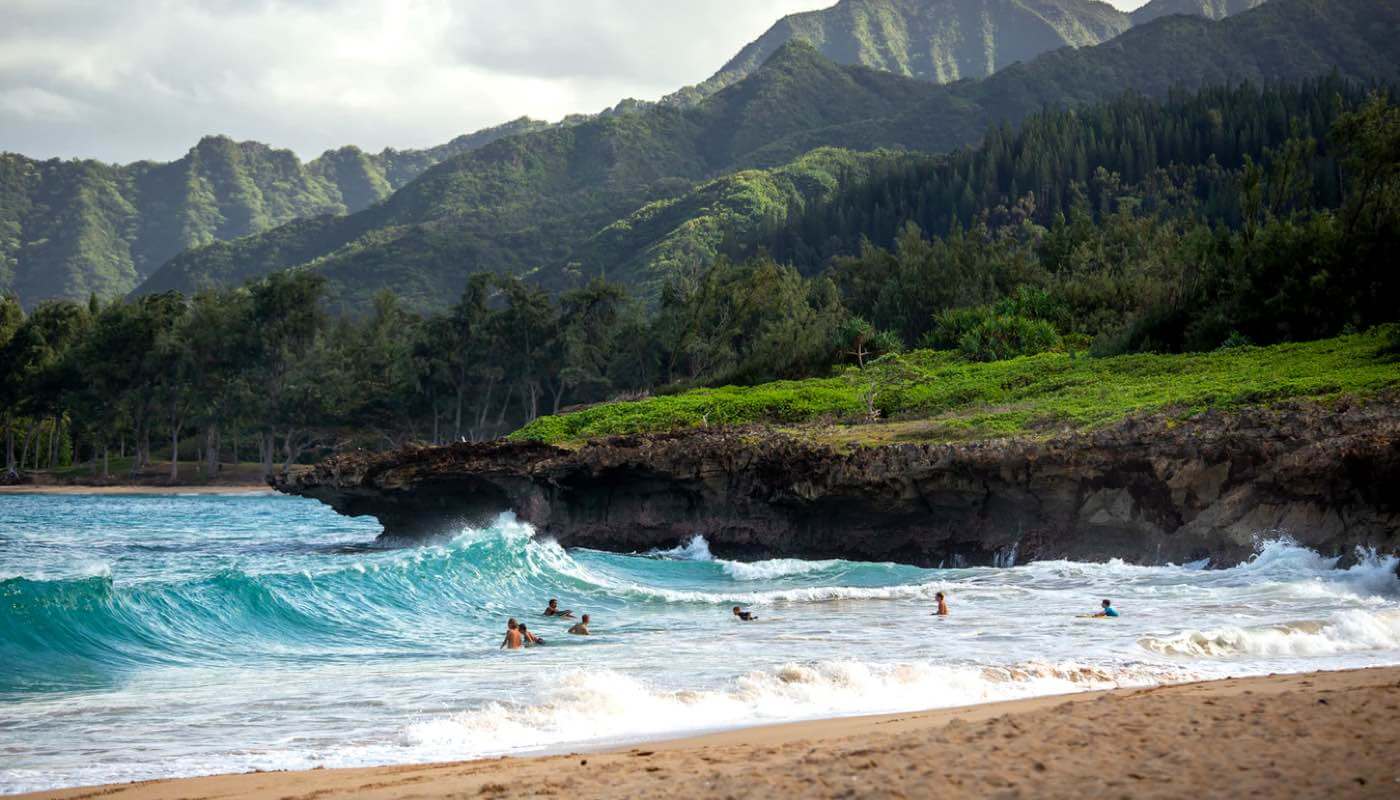
North America
Canada, the U.S. and Mexico all have different rules regarding travel for tourists, so double-check public health departments in each country before booking a COVID-safe honeymoon.
Canada has a two-week quarantine requirement, which means once you arrive, you'll need to stay in your hotel room for two weeks. The country is only allowing Canadian citizens and permanent residents to enter the country, along with a few exempted people such as family members of residents. Not tourists at the moment. Even if you want to land in the U.S. and drive to Canada, border crossing has been restricted until July 21.
The U.S. is a difficult case. Each state has its own requirements for tourists, with some being stricter than others. What's more, is that states have been uneven in their response to the virus — masks are not mandatory in all states. Some states that had few cases in March are now seeing major outbreaks.
If you do insist on visiting the U.S., research the state and the city you plan to visit. Some cities have their own restrictions separate from the state's restrictions.
Like the U.S., Mexico is slowly opening state by state, and flights into Cancun and other popular destinations from the U.S. are resuming. However, Mexico is still experiencing major outbreaks, so consider carefully before booking travel.
Other Central American countries south of Mexico remain closed to tourists. Costa Rica plans to start reopening at the beginning of August, but this could change.
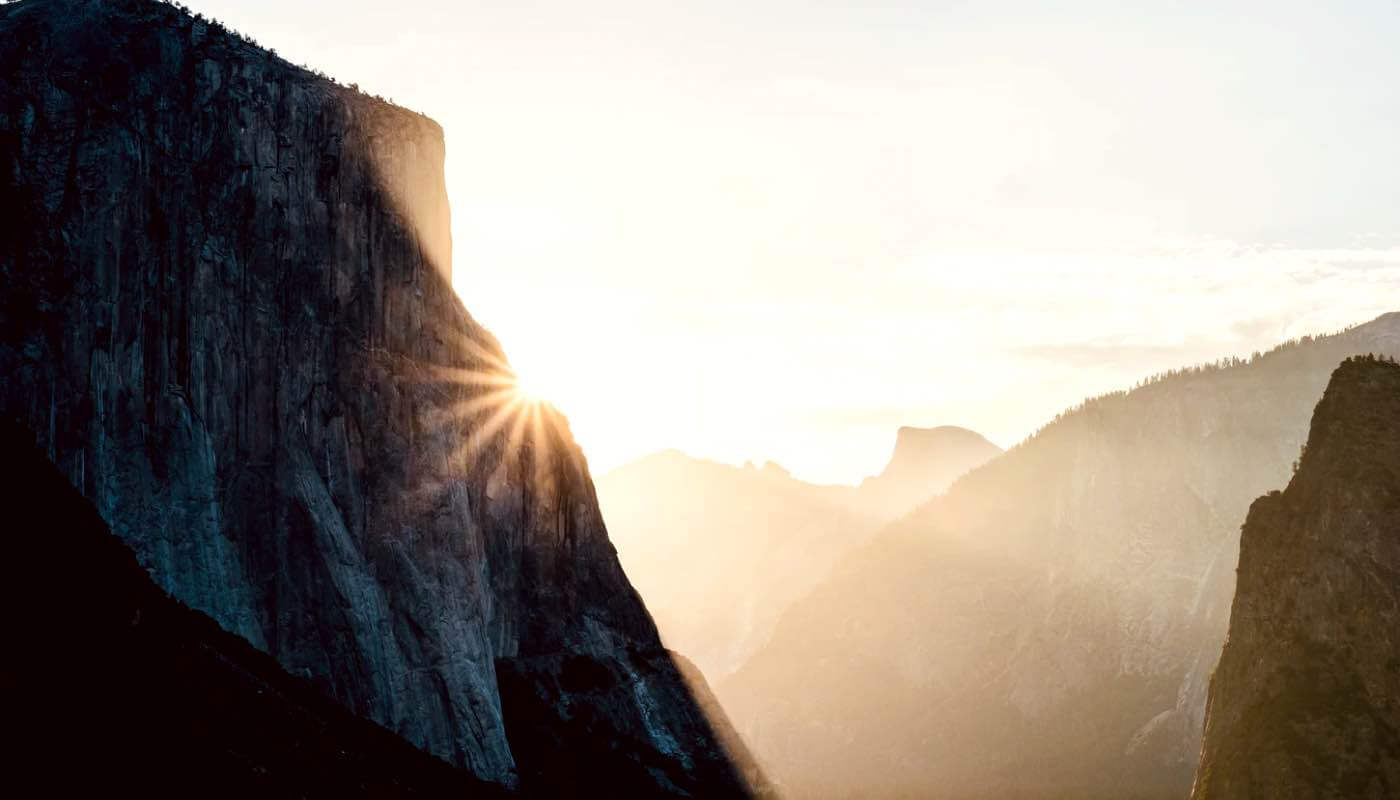
South America
Several countries in South America are still experiencing major outbreaks, and it is best to hold off on traveling to the continent for a COVID-safe honeymoon.
According to a map updated regularly by the International Air Transport Association, Brazil will not allow passengers to enter the country until 29 July. The country's case count continues to climb. Other countries such as Venezuela, Peru and Bolivia, have closed their borders to tourism at the moment. Argentina extended its lockdown through at least 17 July and may extend them farther.
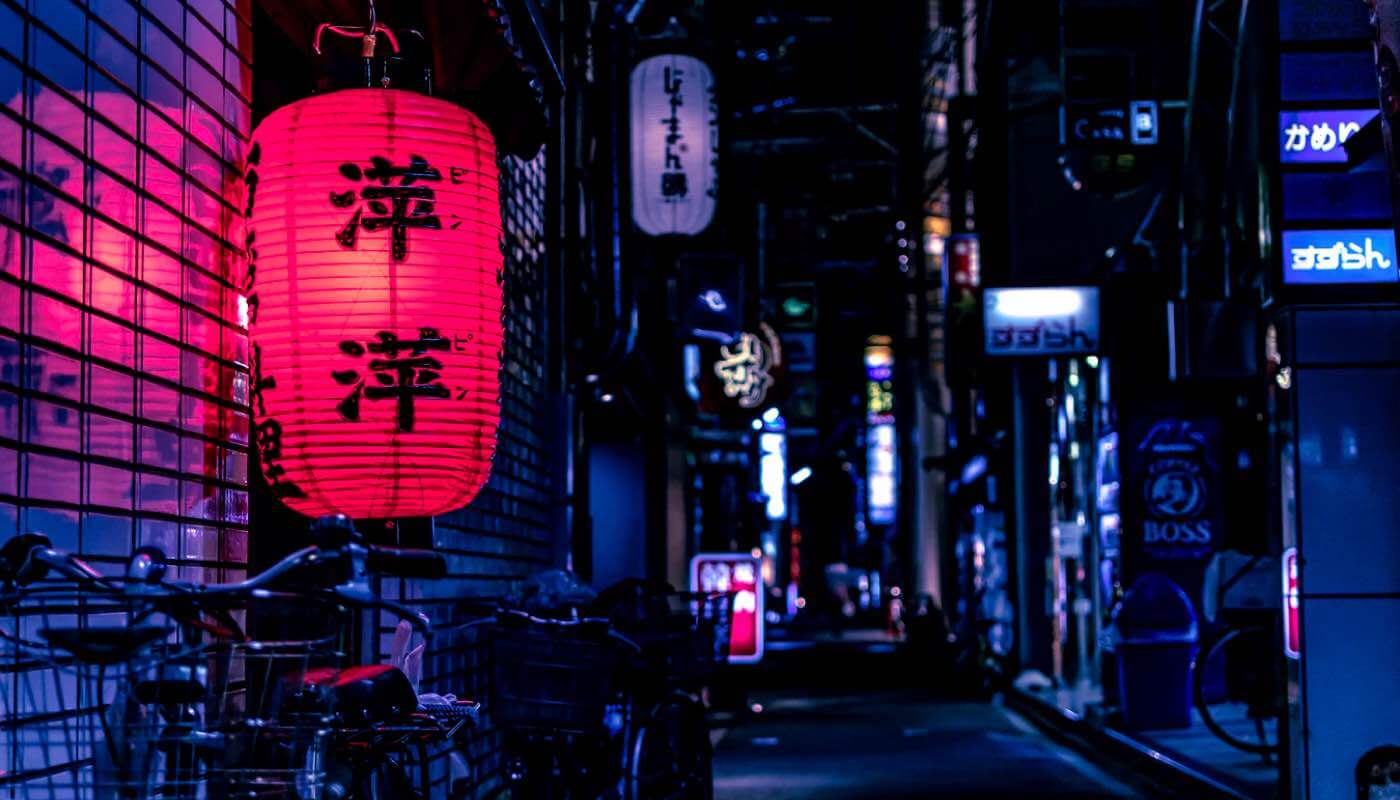
Asia
Most travel in Asia is widely discouraged. China and India are still experiencing outbreaks, and smaller countries such as Japan, Vietnam, South Korea and Taiwan are opening their borders to only a few select groups of people, such as short-term business travelers.
Flights to India have been suspended until 1 July, according to IATA's map, and other surrounding countries have done the same. These restrictions may be extended or amended so keep an eye out for news of India's next move. China has partially reopened, but you may have to be quarantined for 14 days upon arrival. Both South Korea and Japan have lengthy restrictions on who may enter the country, and they may require visas. Read through their guidelines before booking your trip.
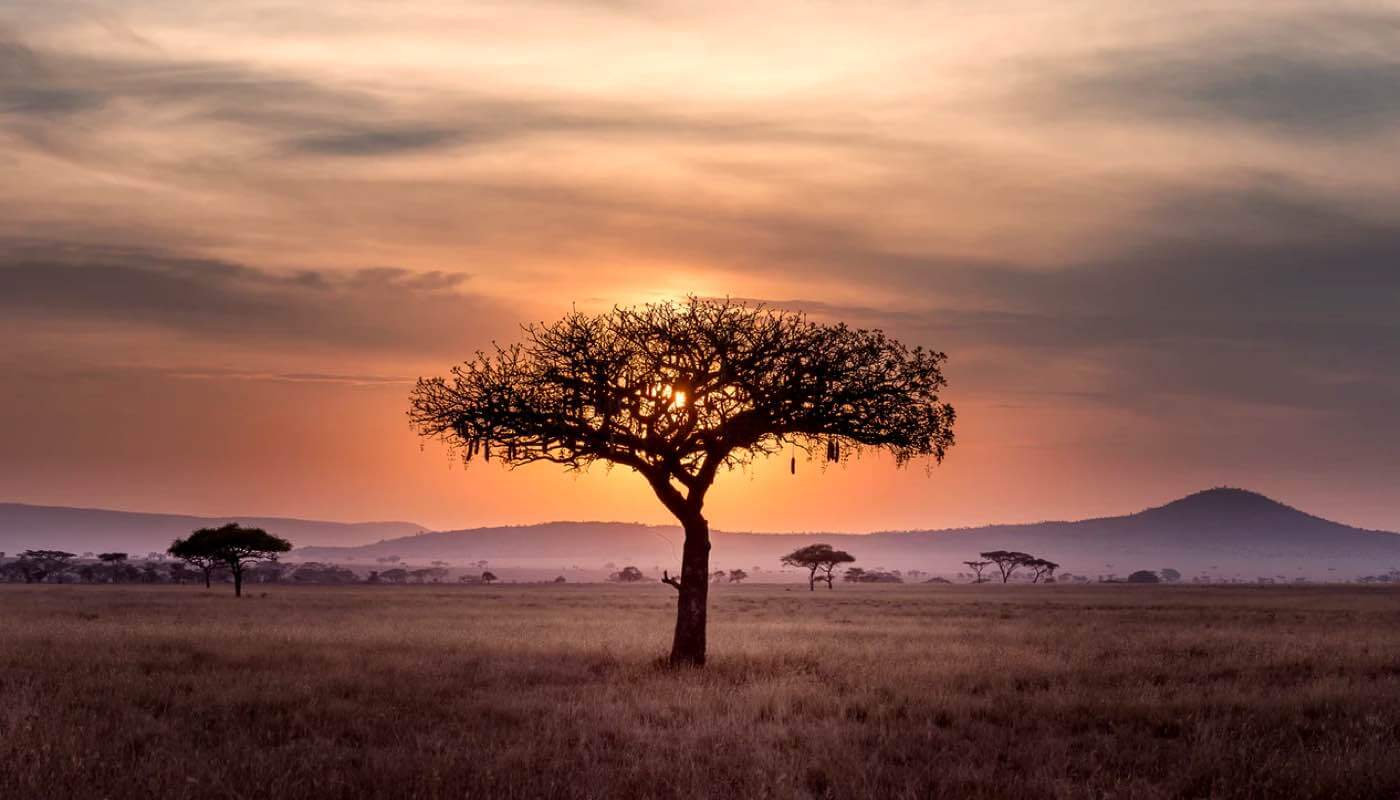
Africa
Most African countries have suspended all flights to and from their countries for tourists. If you were planning a COVID-safe honeymoon to Egypt, Kenya, Nigeria, Côte d'Ivoire or South Africa, then you will need to wait.
According to IATA's interactive map, a trade association for airlines, almost all African countries have travel restrictions in place and will not be accepting tourists. Some, like Egypt, have set their restrictions to expire in June or July, so check the map to see when your destination is planning to reopen before you book any tickets.
Some countries, including Ethiopia, Benin, Sierra Leone, Tanzania, Mozambique, Zambia, Zimbabwe and Lesotho, have partially reopened, but with restrictions. Sierra Leone, for example, requires passengers from countries with 50 or more confirmed daily cases must quarantine for 14 days upon arrival.
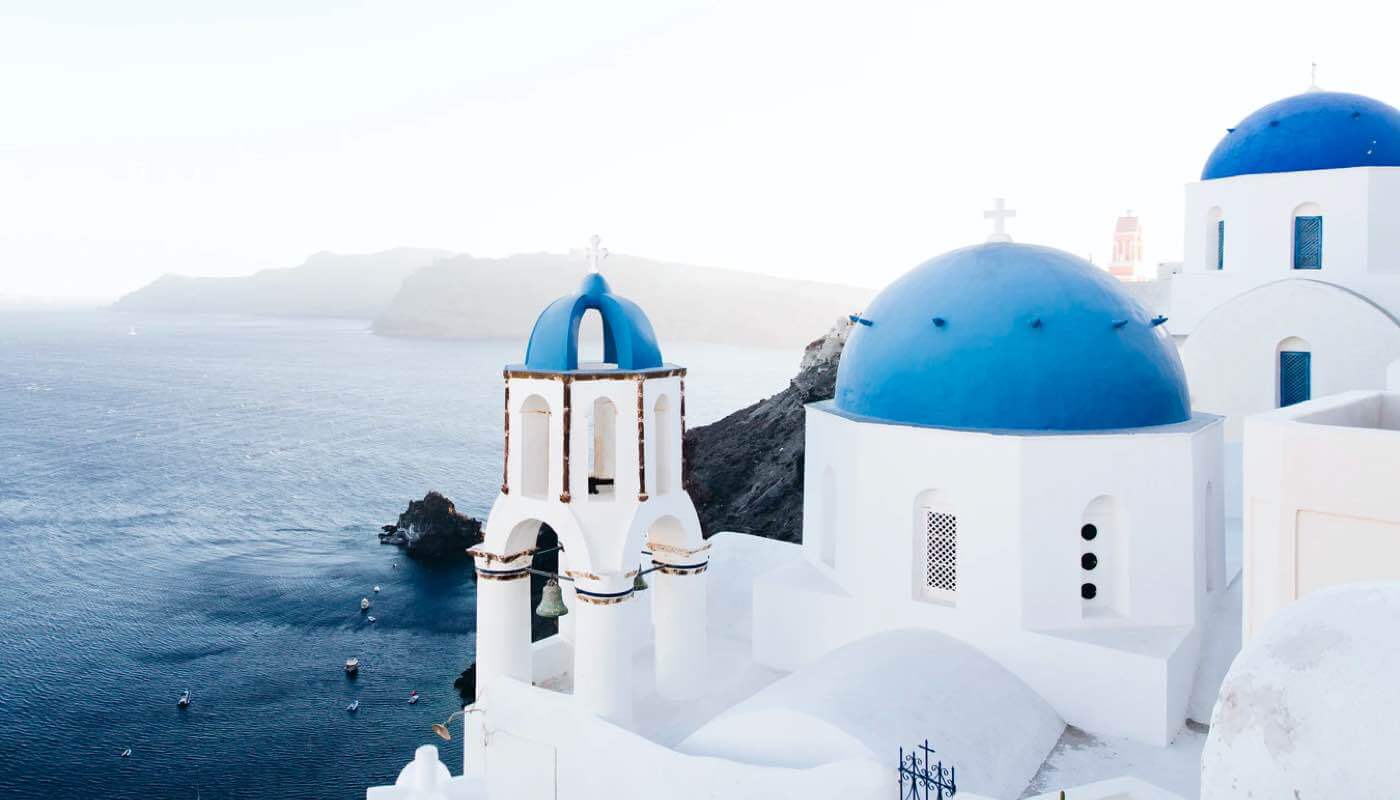
Europe
Twenty-seven of the countries in Europe are part of the European Union, and they've largely tried to lockdown and reopen together. If you live within the European Union and want to travel to another member state, then you should be able to travel within the Union, provided you provide a passport. Consider driving, rather than flying to avoid airports, and read up on what you'll need to cross the border. You may still be subjected to a 14-day quarantine, so check to make sure you'll be able to leave your hotel room before booking tickets.
If you're entering the European Union or other neighboring countries from Australia, the U.S. or Africa, then you will almost certainly be subjected to a 14-day quarantine — or you may not be allowed to enter at all. Americans, for example, cannot enter due to the rise in coronavirus cases across the country.
It may be difficult to hold off on scheduling your honeymoon, but the fact is that the coronavirus is not under control worldwide. Many countries are still struggling to contain the outbreak.
The good news is that with a Hitchd honeymoon fund, you can always save the money your wedding guests and well-wishers give you and plan a honeymoon for next year. Many couples this year are forgoing a honeymoon right after their weddings and planning one on their first anniversaries. This allows them to celebrate their big day all over again and do something special for their first anniversary.
If you do want to plan a COVID-safe honeymoon, the best thing you can do for yourself is to keep up with the news on your country and your destination. Look for updates on coronavirus cases as well as information regarding a vaccine. When restrictions lift or a vaccine becomes available, you'll be the first to know.
Create your COVID-safe honeymoon registry now. Start your registry
Looking for the #1 way to fund your honeymoon?
Hitchd is a new type of honeymoon registry that helps fund your adventure of a lifetime. Think of us as your very own wishing well, Kickstarter, and travel planner, all rolled into one beautiful experience.


